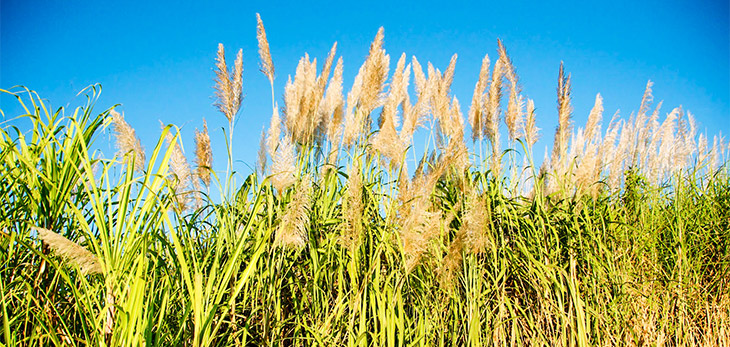|
History of BarbadosBarbados has a fascinating history that spans thousands of years, shaped by indigenous settlement, European colonization, slavery, and eventual independence. Here's an overview of its historical timeline:
Throughout its history, Barbados has faced challenges such as economic fluctuations, social inequalities, and natural disasters. However, it has emerged as one of the Caribbean's most prosperous and stable nations, known for its vibrant culture, warm hospitality, and beautiful landscapes.
|



